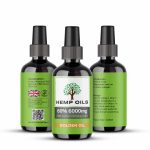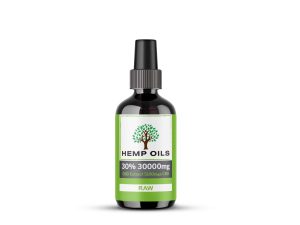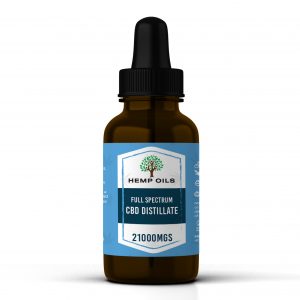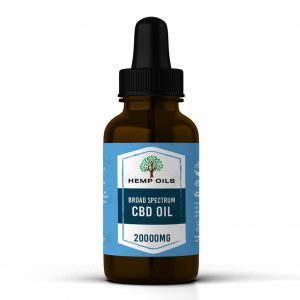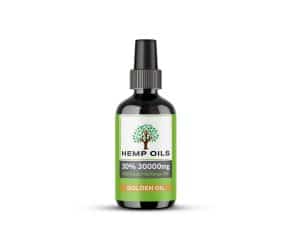When browsing through the wellness section of your favorite store, you may have come across two seemingly similar products: CBD oil and hemp oil. While they may sound interchangeable, there are distinct differences between the two. Understanding these differences can help you make an informed decision when it comes to choosing the right product for your needs. In this article, we will delve into the definition and uses of CBD oil and hemp oil, as well as highlight the key distinctions between them.
What is CBD oil?
CBD, short for cannabidiol, is a naturally occurring compound found in the cannabis plant. CBD oil is derived from the flowers, leaves, and stalks of the plant through various extraction methods. It is important to note that CBD oil does not contain the psychoactive compound THC, which is responsible for the "high" associated with marijuana. CBD oil has gained popularity due to its potential therapeutic effects, including pain relief, reducing anxiety, and alleviating symptoms of certain medical conditions.
What is hemp oil?
Hemp oil, also known as hemp seed oil, is extracted from the seeds of the hemp plant. Unlike CBD oil, hemp oil does not contain significant amounts of CBD or THC. Instead, it is rich in essential fatty acids, vitamins, and minerals. Hemp oil has been used for centuries in various industries such as food, skincare, and textiles. It is commonly used as a cooking oil, a moisturizer, and as an ingredient in beauty products.
Key differences between CBD oil and hemp oil
The most significant difference between CBD oil and hemp oil lies in their composition. CBD oil contains various levels of CBD, whereas hemp oil does not contain CBD but is rich in beneficial nutrients. Another difference is their extraction methods. CBD oil is typically extracted from the whole plant, while hemp oil is derived solely from the seeds. Additionally, CBD oil is usually marketed for its potential therapeutic effects, whereas hemp oil is primarily used for its nutritional value.
It is also worth noting that the legal status of CBD oil and hemp oil varies. CBD oil derived from hemp is typically legal in many countries, as long as it contains less than 0.3% THC. However, CBD oil derived from marijuana may be subject to stricter regulations. On the other hand, hemp oil is generally considered legal and widely available.
Understanding the uses and benefits of CBD oil and hemp oil
CBD oil is often used for its potential therapeutic benefits, including pain management, reducing inflammation, and aiding in relaxation and sleep. It may also be used to alleviate symptoms of certain medical conditions such as epilepsy, multiple sclerosis, and anxiety disorders. Hemp oil, on the other hand, is primarily used for its nutritional benefits. It can be used as a dietary supplement, as it is rich in omega-3 and omega-6 fatty acids, as well as vitamins and minerals.
In conclusion, CBD oil and hemp oil may come from the same plant, but they have distinct differences in terms of their composition, extraction methods, and uses. CBD oil is known for its potential therapeutic effects, while hemp oil is valued for its nutritional properties. Whether you are looking for relief from specific medical conditions or seeking to improve your overall well-being, understanding these differences can help you choose the right product for your needs. As always, it is advisable to consult with a healthcare professional before incorporating CBD oil or hemp oil into your routine to ensure it aligns with your personal health goals.
